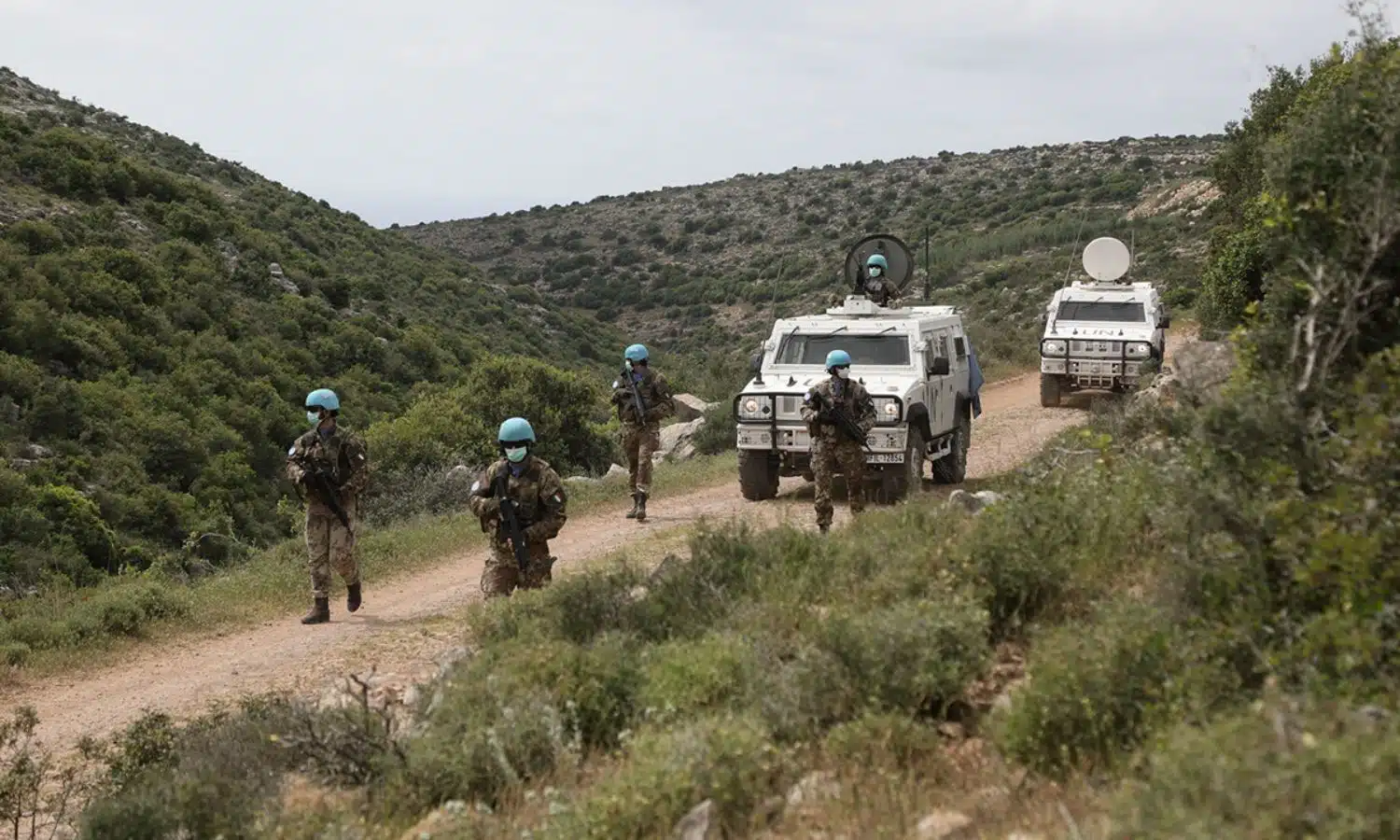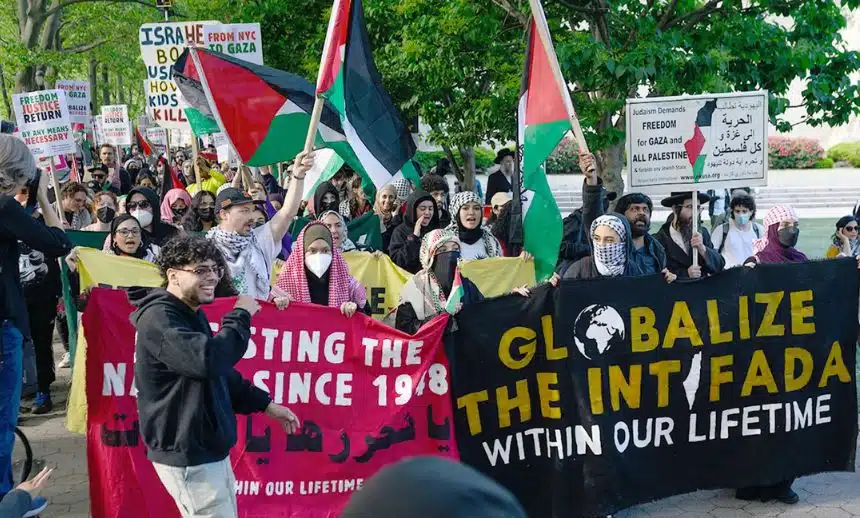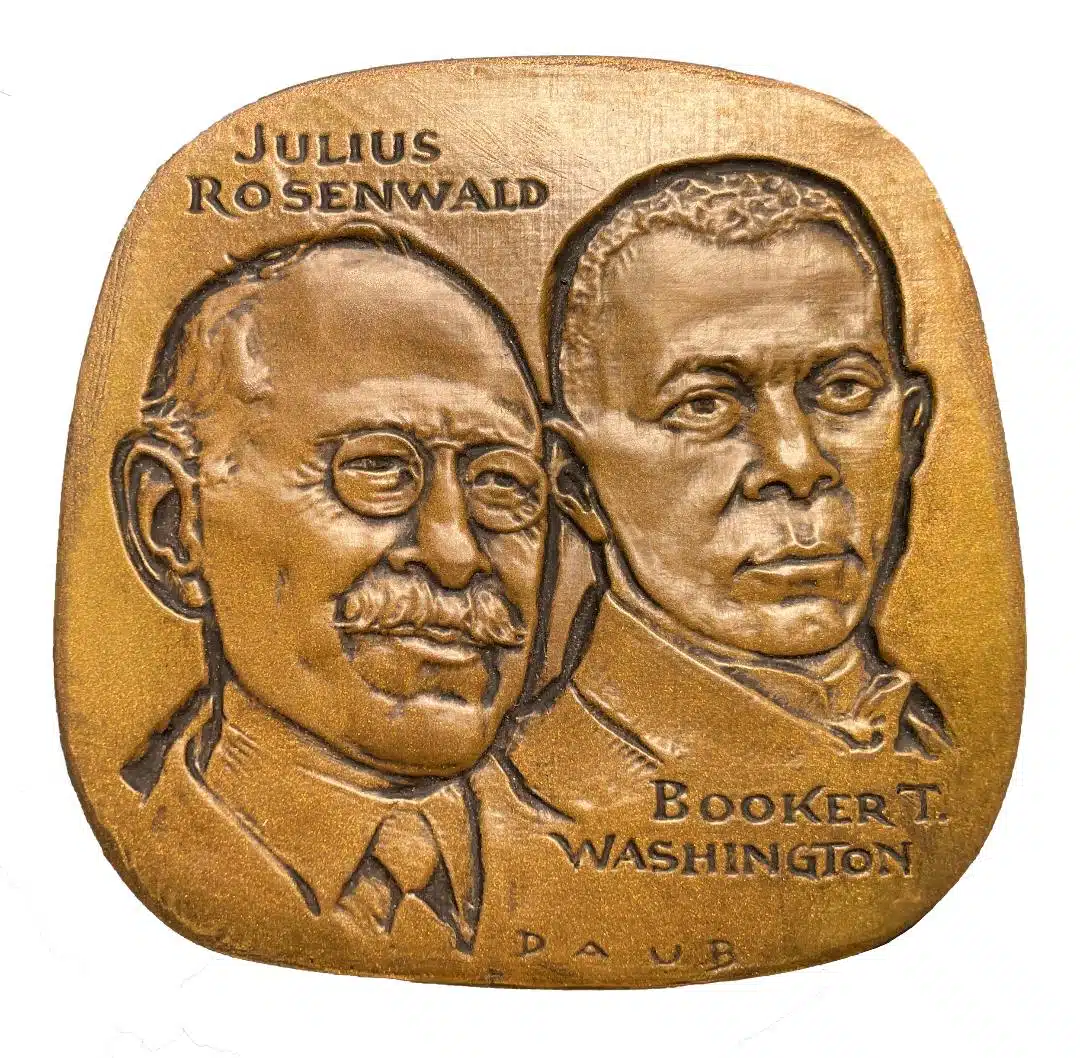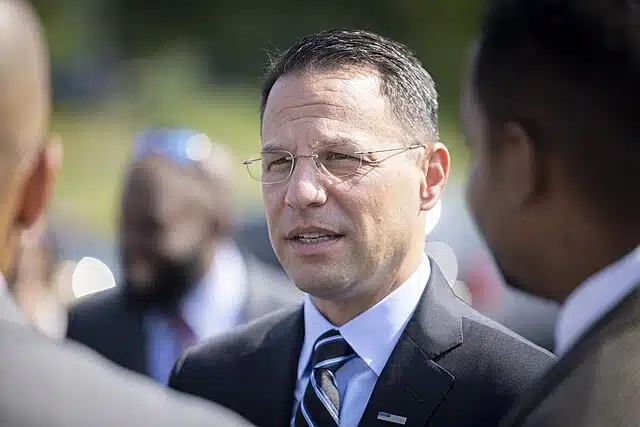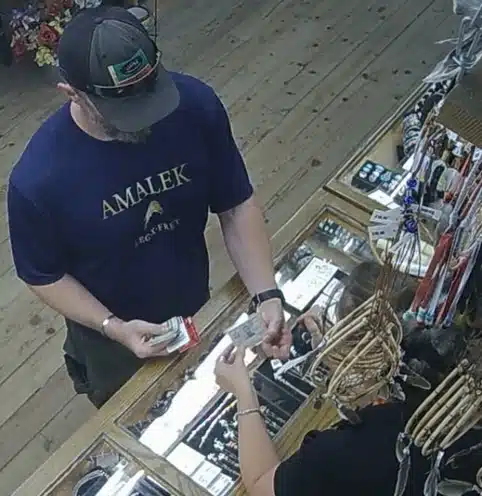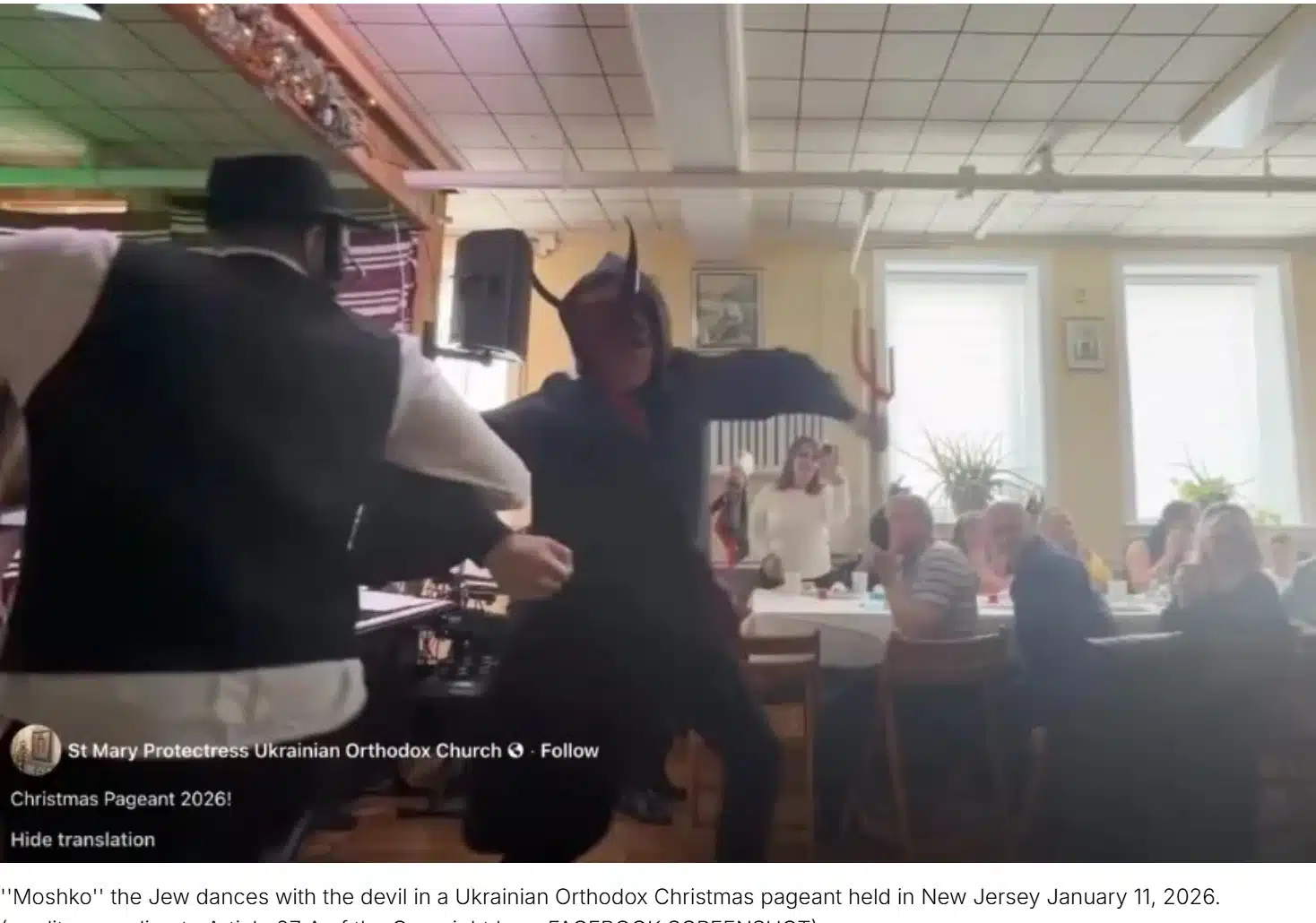|
Getting your Trinity Audio player ready...
|
This op-ed was authored by Zachary Schildcrout, Research and Data Manager for the Combat Antisemitism Movement (CAM).
Nearly a year after Hezbollah began its relentless rocket and drone attacks against Israel in solidarity with Hamas following the October 7th massacre, Israeli ground forces initiated operations in southern Lebanon to eliminate the border threat. Israel’s goal is to return its northern residents to their homes and neutralize the possibility of an October 7th-type massacre in the Galilee region. For the tens of thousands of Israeli civilians displaced by Hezbollah’s aggression, the IDF’s fortitude undoubtedly provides hope for a brighter future.
At the same time, Israel’s military activities in southern Lebanon serve as a reminder of the international community’s failures. Hezbollah — the Iran-backed, antisemitic terrorist group responsible for the deadliest single-day murder of Jews between the Holocaust and October 7th — is not even supposed to possess weapons. United Nations Security Council (UNSC) Resolution 1701, passed in August 2006 to codify an end to the Israel-Hezbollah war of that year, calls for “no weapons or authority in Lebanon other than that of the Lebanese State.” Per the resolution, enforcement falls on the Lebanese Armed Forces (LAF) with support from the United Nations Interim Force in Lebanon (UNIFIL). UNIFIL, the resolution says, is authorized “to take all necessary action in areas of deployment of its forces and as it deems within its capabilities, to ensure that its area of operations is not utilized for hostile activities of any kind.”
Suffice it to say that this mechanism has failed spectacularly. Rather than disarming, Hezbollah’s power grew immensely after 2006 as the group stockpiled more than 100,000 rockets and drones and entrenched its position in southern Lebanon. Israelis are now paying the price as Hezbollah’s aggression has depopulated much of Israel’s north, imperiling continuity of Jewish life in and de facto shrinking the borders of the Jewish state. What the LAF and UNIFIL have actually done to fulfill their mandate and prevent this situation is anyone’s guess.
One might assume that such dysfunction and failure would prompt introspection among the LAF and UNIFIL, but any evidence of this is nil. In fact, UNIFIL hardly even names Hezbollah publicly. Searching the keywords “Hezbollah” and “Hizballah” (both conventional spellings) in UNIFIL’s X account reveals no results, and “Hizbullah” reveals only three, suggesting that UNIFIL has mentioned the terror group on the social media platform only three times since the account was created in 2011. (Worse still, the earliest of the three tweets was published on October 10, 2024, more than a year after Hezbollah initiated its war against Israel.) Sometimes, UNIFIL describes illegal Hezbollah attacks against Israel euphemistically, writing in one X post that it observed “intense exchanges of fire in several areas … between Lebanese territory and Israel.”
The wording is curious. “Territory” does not fire weapons and prompt “exchanges of fire” — human beings do, and the perpetrators are Hezbollah terrorists. Meanwhile, UNIFIL takes to X to announce the movements and positions of IDF troops, prompting one observer to argue that the UN institution is “providing Hezbollah with granular, actionable battlefield intelligence about Israeli troop movements, functionally in real time.” Once again, we see manifestations of the antisemitic double standards to which the Jewish state is subjected — Israel’s terrorist enemies remain largely nameless and faceless, while IDF troops are meticulously scrutinized. No other country would tolerate such an equation.
Accordingly, UNIFIL should be regarded at best as a criminally-negligent entity that has failed to fulfill its basic functions and at worst an anti-Israel bureaucracy that constrains Israel’s justified and legal efforts to defend its citizens. Nonetheless, the institution enjoys an annual budget of roughly half a billion dollars, largely funded by U.S. taxpayers, and there is no sign of any sort of impending course reversal. On October 25, U.S. Secretary of State Antony Blinken expressed support for UNIFIL during a meeting with Lebanese Caretaker Prime Minister Najib Mikati, and the latest U.S. proposal to end the fighting between Israel and Hezbollah reportedly relies on UNIFIL facilitation.
What the United States gains from its continued backing of UNIFIL, however, is entirely unclear. UNIFIL, unfortunately, seems to be a “self-licking ice cream cone,” a tongue-in-cheek phrase used to describe institutions that exist only to perpetuate themselves.
Washington should end this charade by acknowledging its sunk costs and divesting all its funds from UNIFIL while encouraging an end to the UNIFIL mission in Lebanon. Such a development would remove UN personnel from harm’s way and grant the IDF greater freedom of action against Hezbollah operatives, rendering it easier to degrade the power of one of the world’s most potent forces for terrorism and antisemitism.
If the UN will not fulfill its own self-assigned commitment to oversee the disarmament of non-state actors in Lebanon, the least it can do is stop impeding Israel’s righteous fight to do so.

